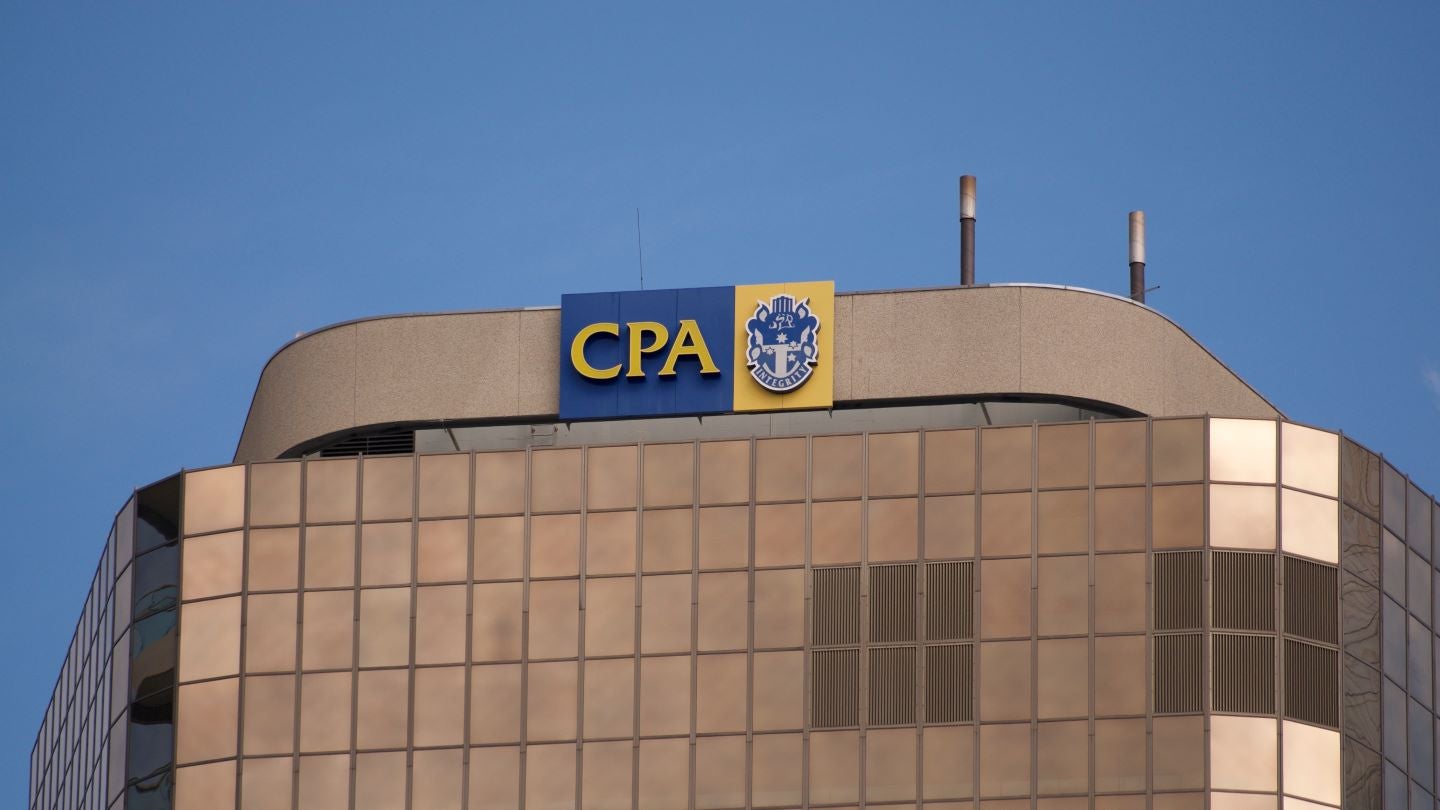
CPA Australia has raised concerns about the growing financial adviser shortage, urging the government to take action to ensure Australians retire with proper guidance.
CPA Australia has noted a decline in financial advisers, from 26,500 in 2019 to about 15,300 by July 2025, as per the Financial Adviser Register.

Access deeper industry intelligence
Experience unmatched clarity with a single platform that combines unique data, AI, and human expertise.
Richard Webb, the superannuation lead at CPA Australia, attributed the decline to the burdensome regulatory environment that financial advisers currently face.
Recent research conducted by CoreData and Conexus Financial indicates that an increasing number of Australians nearing retirement age are considering reallocating their superannuation funds into investments outside the superannuation sector, including high-risk assets such as cryptocurrency, gold, and real estate.
This trend suggests that the absence of professional advice could lead to riskier financial decisions by individuals.
In response to these findings, CPA Australia has urged the federal government to review the regulatory framework and associated costs that are contributing to the departure of advisers and discouraging new entrants into the profession.

US Tariffs are shifting - will you react or anticipate?
Don’t let policy changes catch you off guard. Stay proactive with real-time data and expert analysis.
By GlobalDataThe organisation also outlined several critical areas for consideration, including the completion of the post-implementation review of the Compensation Scheme of Last Resort, the updating of financial advice education standards, the amendment of the financial advice best interest duty, and the definition of the role for a new class of adviser.
Webb said: “Investing retirement savings is complex, and carries with it intricate tax and super settings, asset tests and administrative burdens. However, getting the right advice is only becoming harder to find and more expensive.
“The federal government must take action to help alleviate the burden of regulation and costs faced by advisers before the shortage becomes an irreversible crisis.”
Earlier in July 2025, CPA Australia advocated for a reform of the Goods and Services Tax (GST), citing the need to address inherent structural issues and to ensure the long-term sustainability of the tax system.






